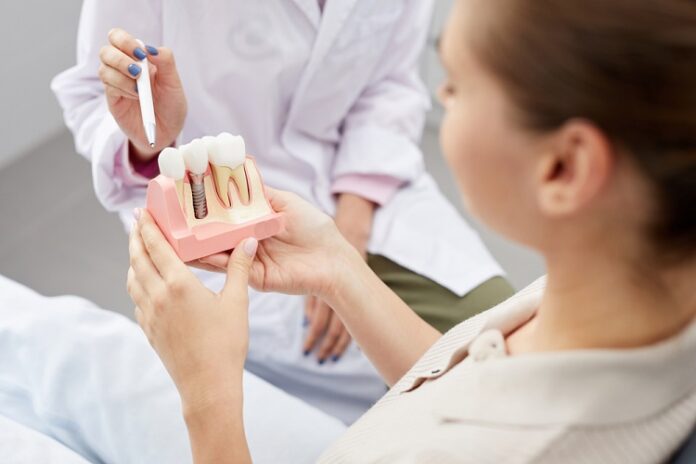You can benefit from dental implants if you have missing teeth due to tooth decay or injury. Dental implants rely on your jawbone density or bone grafting for a successful outcome. Your specialist can recommend dental implants Campbell made from titanium which is biocompatible with your tissues and will not erode your bone tissues.
Table of Contents
Who is the right candidate for dental implants?
You are the right candidate for dental implants if you have lost a tooth because of an infection or injury. Your specialist will perform a thorough dental exam to check your teeth and jawbone sufficiency. The sufficiency of your jawbone will determine whether your specialist will proceed with the treatment. If your jawbone is not sturdy enough, your dentist can recommend bone grafting before the implantation.
What does the process involve?
During the dental implant procedure, your specialist will perform a dental exam to check your teeth and jawbone. Next, they might make an impression of your teeth to guide them in creating your custom crown. Before your dentist starts the procedure, they will administer a numbing agent to help you relax.
Next, they will remove the affected tooth’s remaining part, including the root. If you have sufficient jawbone, your medical team will proceed with the implantation, and you might get Teeth-in-a-Day treatment, complete with a temporary crown. However, if your jawbone is not strong enough, you will undergo bone grafting. After bone grafting, you will wait several months to allow healing, then receive the implant.
After implantation, you must wait around four to six months to fully recover and receive a permanent crown for your dental implant.
Recovery
Before leaving your dental implant specialist’s office, you will receive recovery guidelines to help the treatment site heal quickly and successfully. Your instructions will include what to eat and how to clean the treatment site to avoid infections. To have a smooth recovery, carefully follow your doctor’s guidelines.
Since you might have pain or swelling in the treatment area, avoid hard foods, which can be difficult to chew. Your doctor might also caution you against hot foods, which might increase your risk of bleeding, delaying the healing process. Include soft foods such as bananas, mashed potatoes, and healthy drinks like soups or smoothies.
Avoid strenuous activities that might increase blood flow at the treatment site. Due to increased blood circulation, you can experience increased swelling, bleeding, and pain. Ensure to get enough rest and sleep for the first few days after treatment.
To keep your implant clean, your specialist will recommend cleaning your teeth twice daily using a soft-bristled brush. Use gentle but firm strokes and clean around the implant keenly to remove stuck food particles. Remember to rinse your mouth with lots of water.
If you have lost a tooth due to infection or traumatic injury, visit Ueno Center for dental implant placement. The available dental specialists will evaluate your teeth, gums, and jawbone before implantation. Call or reach out to the facility for improved oral health.











